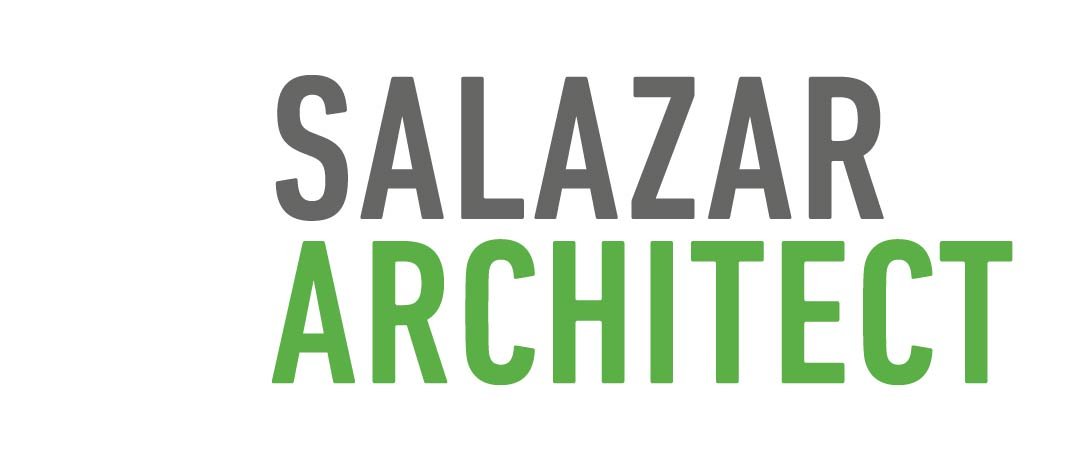Approach
Our reason for doing the work we do is not to achieve design awards, but to achieve social impact.
Salazar Architect is uniquely structured and organized around three Design Research Labs: Community Design, Wellbeing Design, and Sustainable Design. These three tenets form the core ethos of our work. Our designs are community-based, trauma-informed, and seek to bring tangible community benefits to their neighborhoods. All staff spend up to 10% of their time in the lab, advancing the firm’s knowledge through best practices research, pro bono design work, and educational conferences. Each project we work on interfaces with all three labs, ensuring that the knowledge gained in the labs is reflected in our design work.
Community Design Lab
The CDL focuses on collaborating with underserved communities to create an equitable and resilient built environment. They create participatory processes, focus groups, workshops, and open houses to gain community input and make meaningful, inspiring places. Their work involves supporting place-based development, where communities impacted by planning and design have a right to influence what is created. The CDL asks key questions, such as: Who is benefiting from this design? and Who is being harmed? in order to better understand community vulnerabilities and make our design work more effective.
Wellbeing Design Lab
The WDL focuses on the art and science of designing for human health and comfort, helping project teams to create supportive communities. The lab integrates Trauma Informed Design, Biophilic Design, and Universal Design strategies into our design process using color, form, texture, art, landscape, and culturally specific elements to promote healing and wellbeing. This area of our work acknowledges that physical environments impact physiological and emotional states and can have a direct impact on people’s sense of identity, worth, dignity, and empowerment.
Sustainable Design Lab
The SDL approaches sustainable design through the lens of environmental and climate justice, economic stability, and social empowerment. Their work focuses on holistic, data-informed strategies that reduce the carbon footprint of our work while balancing environmental impact with human comfort. The lab integrates energy modeling and passive strategies into our design process; manages reporting for our 2030 Commitment; and helps track and implement strategies to meet Net Zero, LEED, Evergreen SDS, Green Point Rated, and other sustainable design rating systems.



